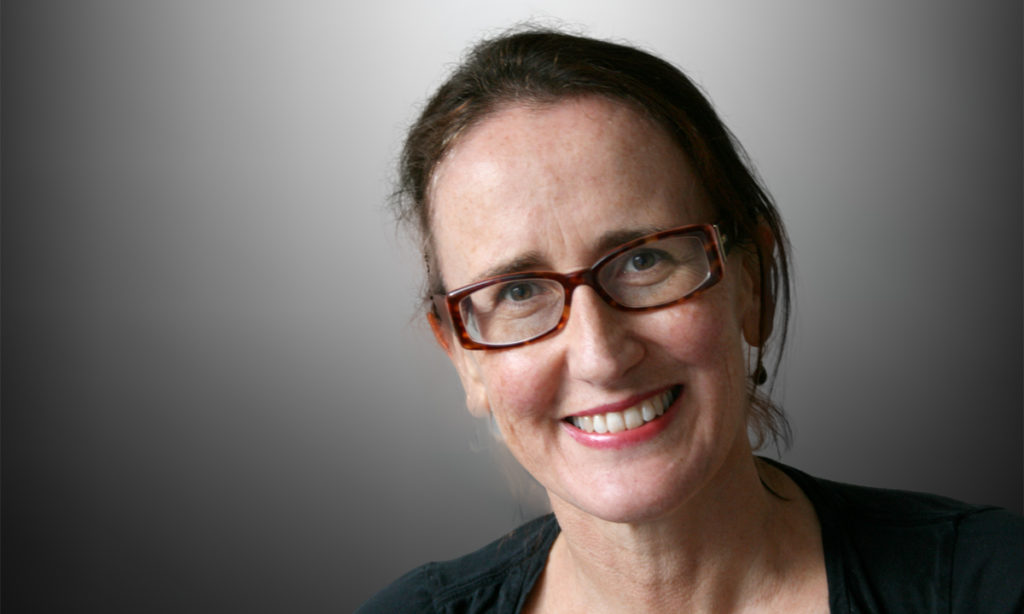THIS past year of isolation and disruption has warped the passage of time for many of us. I’ve described 2020 to friends as both the fastest and slowest year of my life.
Certainly, the days when people could travel the world at will, could plan without fear of an unexpected lockdown, seem immeasurably long ago.
So, it’s not surprising public health documents from that pre-COVID-19 epoch might have a bit of the whiff of papyrus about them.
In 2016, the World Health Organization developed its first overarching guidelines on management of ethical issues during an infectious disease outbreak.
Previous guidelines had focused on individual pathogens such as influenza but, in working on the West African Ebola outbreak of 2014–2016, the WHO Global Health Ethics Unit became increasingly aware that the issues raised mirrored those that had arisen in other global disease outbreaks.
They decided a document was needed to address those cross-cutting issues, while also providing guidance on how the general principles could be adapted to particular social or epidemiological circumstances.
The resulting guidelines covered allocation of scarce resources, public health surveillance, restrictions of movement, and use of unproven interventions, along with many other issues that have come to the fore over the past year.
Setting up decision-making procedures in advance was important, the guidelines said, as:
“Decisions during an outbreak need to be made on an urgent basis, often in the context of scientific uncertainty, social and institutional disruption, and an overall climate of fear and distrust.”
We might wish more had been done on that front, but it’s easy to be wise in hindsight.
The authors of the 2016 guidelines could not have known how soon, and how drastically, their document would be put to the test.
The guidelines were downloaded more than 50 000 times during 2020, and were employed to guide pandemic-related health policies in various countries, researchers write in the Journal of Medical Ethics.
Inevitably, the guidelines did not have all the answers, given the magnitude of the challenge. As the COVID-19 pandemic repeatedly threw new ethical issues at researchers and policymakers, the WHO scrambled to provide updated advice on specific topics such as resource allocation or the use of placebo during vaccine trials.
What is needed now, as we absorb the lessons of the ongoing pandemic, is an update to the overall guidelines so that they can provide sound advice for future pandemics and the remainder of this one, argue the JME authors, all of whom have worked on this or previous WHO epidemic responses.
The 2016 guidelines focused on disease outbreaks in countries with less developed health systems, the general experience up to that time.
“Invariably, the countries most affected by outbreaks have limited resources, underdeveloped legal and regulatory structures, and health systems that lack the resilience to deal with crisis situations,” the guidelines said.
COVID-19 created enormous challenges for every country in the world, raising particular ethical issues as it reduced individual nations’ capacity or willingness to help others.
In particular, the failure of high income countries to commit to the equitable sharing of vaccines and resources was described earlier this year as a “catastrophic moral failure” by the WHO Director-General.
Other issues raised by the current pandemic included the impact of isolation and travel restrictions on vulnerable populations as well as new or heightened questions around the “digital revolution”.
Ethical frameworks for the use of artificial intelligence and other new technologies in areas such as diagnostics, prediction of disease course, contact tracing and telemedicine will need to be part of any pandemic response.
And then there’s communication. The current health crisis has fed a morass of anti-science conspiracy theories and fraudulent claims, including in some cases from people in the highest office.
Can health guidelines help to combat the misinformation that so easily spreads in our online world? These authors believe it’s worth a try.
“While raising public awareness about science and its methods can be helpful, science by press release and ‘scientific’ statements by politicians become obstacles to an adequate response and responsible science – ultimately undermining trust in and integrity of the scientific community,” they write.
“It is our opinion that the guidance around communication needs to be strengthened, especially for political players, the media and the public relations teams of public organisations.”
Overall, the pandemic will give us the opportunity to analyse the approaches taken by different governments around the world and their ethical impacts, better equipping us to face future challenges, these authors suggest.
“While saving lives is an important goal during an epidemic, it is not the only one; the threats to individual liberties, the loss of livelihoods and looming long-term economic damage also matter,” they write.
We need guidance, they say, on how to balance these competing ethical principles when making complex public health decisions.
Governments around the world have certainly struggled with that conundrum over the past year. There won’t be easy answers, but data from the COVID-19 pandemic should at least help us gain a clearer picture of the pluses and minuses of the various approaches taken around the world.
Jane McCredie is a health and science writer based in Sydney.
The statements or opinions expressed in this article reflect the views of the authors and do not represent the official policy of the AMA, the MJA or InSight+ unless so stated.

 more_vert
more_vert
We also need frank and ongoing discussions about a range of potential therapies, about acceptable benefit/risk ratios, based on what outcomes, censorship of communications on certain topics, plus the lamentable habit of demonising and publicly ridiculing people (including politicians) who express a view beyond the prevailing dogma of our thought leaders.
These issues also considered in an article from last year in a series on outbreaks in AJGP
Ward JE. Communicable disease outbreaks: Ethics in an outbreak. Australian Journal of General Practice. 2020 Dec;49. DOI: 10.31128/ajgp-covid-42.
I hope this is useful